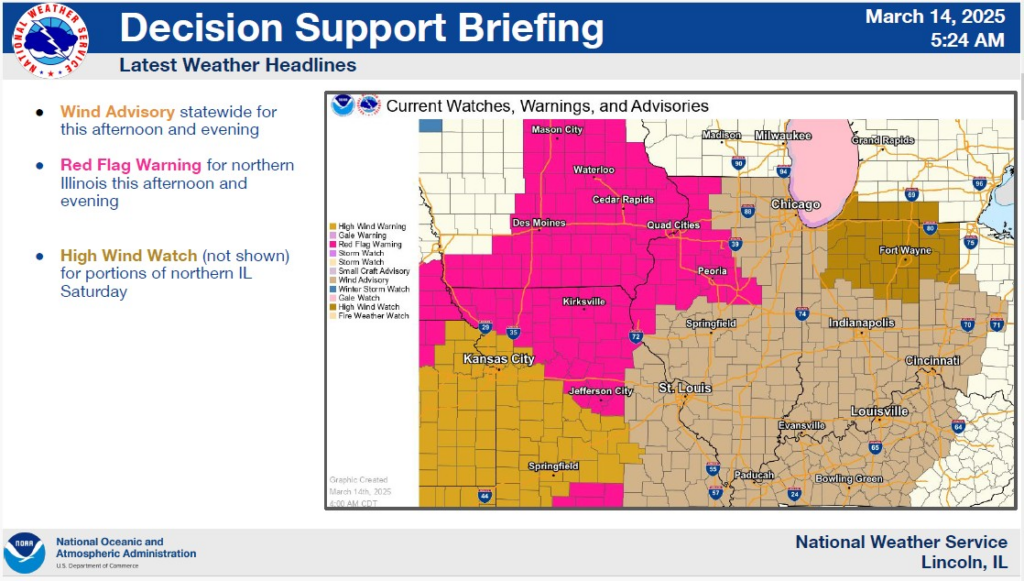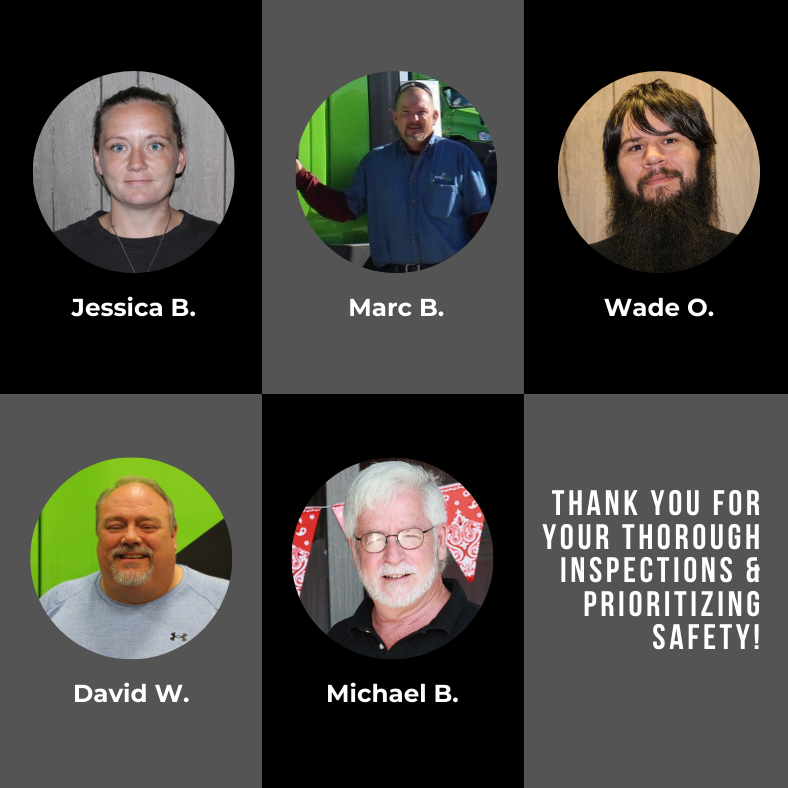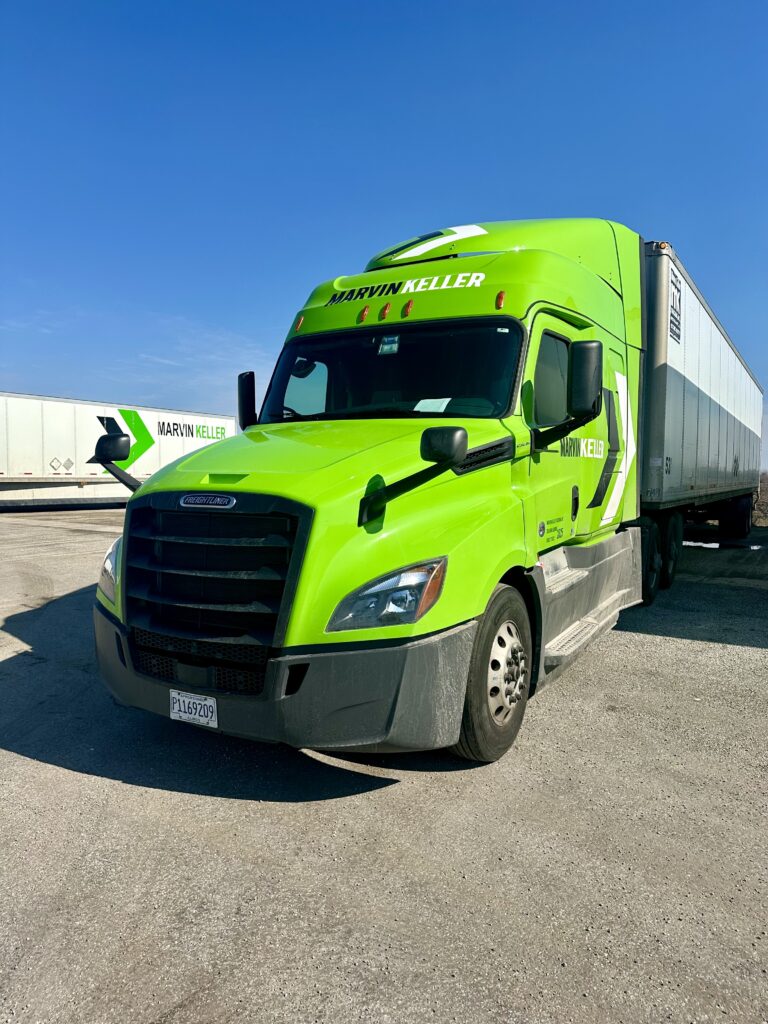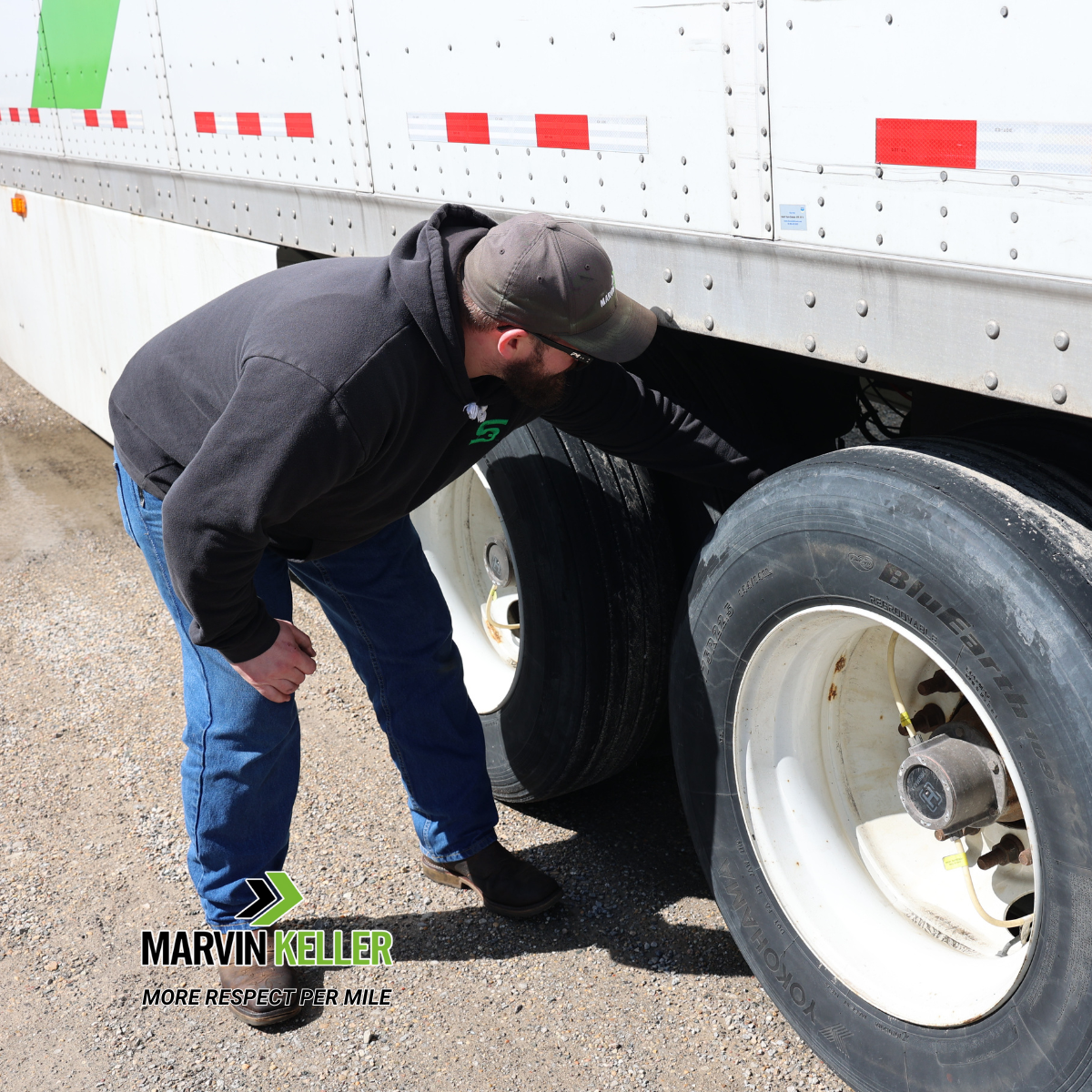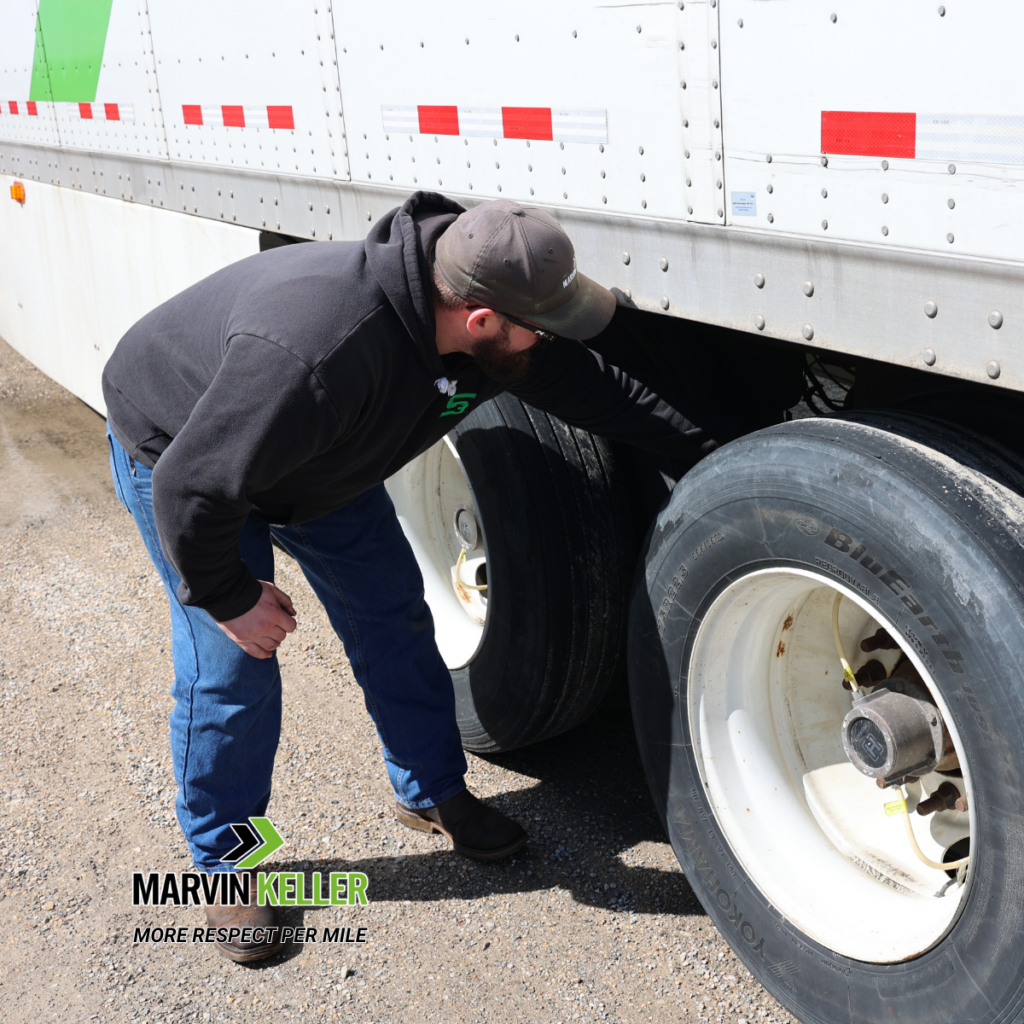Being a professional driver is more than just obtaining a CDL, hooking a trailer, and holding a steering wheel. It’s a complete set of skills and a range of knowledge that takes time and practice to hone. Obtaining a well-rounded set of skills and always learning new ones is what turns an inexperienced rookie into a seasoned veteran
- The basic trucking skills, considered “hard skills” are absolutely necessary to properly haul a load.
- Vehicle Operation and Maneuvering skills.
- Safety and Compliance regulations.
- Route Planning and Navigation: veteran truckers probably remember the days of getting out a Rand McNally road map to plan their trips; these days technology has made things a lot easier with commercial truck-specific GPS devices. It’s still helpful to know how to use a paper map in case technology fails.
- Cargo Handling and Securement: It’s absolutely imperative to know how to properly secure cargo. If cargo is not properly loaded or secured, it can cause damage to the cargo or even cause the trailer to tip when turning, which has happened at MK before when a trailer was not properly loaded. If you are hauling a trailer that doesn’t appear to be safely loaded or secured, do NOT leave with it. Always reach out to your DM for instructions.
- Vehicle Maintenance and Inspections: use your checklist, know what the DOT is looking for when they inspect so you know what to pay attention to. Ensure you cover all the bases before you leave so you can be sure you’ll pass a DOT inspection.
- Logbook and Document Management: ELD has made logging much less cumbersome. The days of paper and pencil logging and mailing in trip packs has been replaced with the press of a button on a tablet. It’s still important to know the HOS rules to maintain compliance.
- Hazmat: regulations related to hazmat shipments cause extra scrutiny in cases of inspections. As MK hauls hazmat loads, it’s necessary to know what placards to use, how the BOL should be marked, and, as always, secure with at least two straps on the back!
To really be the all-star trucker, it’s helpful to have the “soft skills” to be the consummate professional.
- Time Management: drivers must have the ability to plan and prioritize tasks, manage their schedule, balance driving hours with rest, and meet appointments. It takes discipline and practice, but the best drivers always make sure they plan ahead and have enough time.
- Communication and Customer Service Skills: Having clear and effective communication and being positive and professional with Driver Managers, Customers, Shippers, and Receivers is not just good customer service; it also benefits the driver. When you treat people well, they tend to do the same in kind, making your job and your life easier.
- Problem Solving and Stress Management: Every driver knows that trucking isn’t perfect. Problems arise constantly and it’s important to be able to remain calm and focused under pressure. When unexpected situations occur, remaining calm and being able to think quickly, and be resourceful in order to solve challenges is paramount. Having patience when things go wrong or delays occur sets one apart.
- Adaptability: Being flexible and able to adapt to changes is the essence of intelligence.
- Attention to Detail: Drivers should be focused on accuracy and competence of job duties, including safety protocols and cargo and paperwork handling, among other things. Accuracy and diligence prevent issues down the road.
Besides the above skills, it’s also extremely helpful to have some relative tech savvy.
- GPS & ELD Proficiency: It always helps to learn how to correctly log all your activity on your ELD and use your navigation devices.
- Mobile App Usage – Most customers and brokers now require tech usage for tracking, paperwork scanning, etc. MK has also taken advantage of new technologies and the proliferation of apps by using the MK Drive App as an all-in-one information and ELD hub. You can get almost anything you now need just from your phone. Knowing how to be proficient with technology gives you a leg up. It helps to always be open to new technology as improvements and requirements will always change.
- Basic Mechanical Knowledge: Owner/Operators know this better than anyone else; having a basic working knowledge of truck mechanics can help save lots of time and money on the road. Being able to perform minor repairs or fix problems with your truck without having to wait for a
mobile repair unit and spending hundreds or thousands of dollars on relatively simple repairs is empowering and satisfying.
Marvin Keller encourages every driver to gain new skills and further their professional career growth. Don’t hesitate to reach out to your manager if you would like help with advancement.
